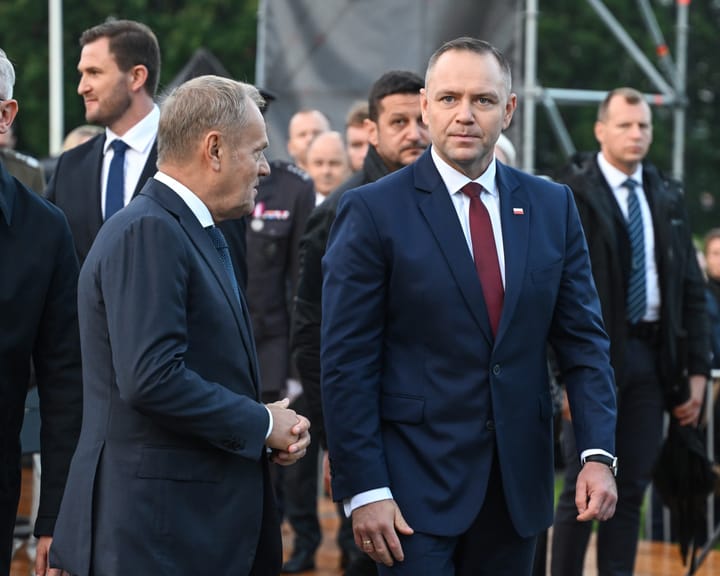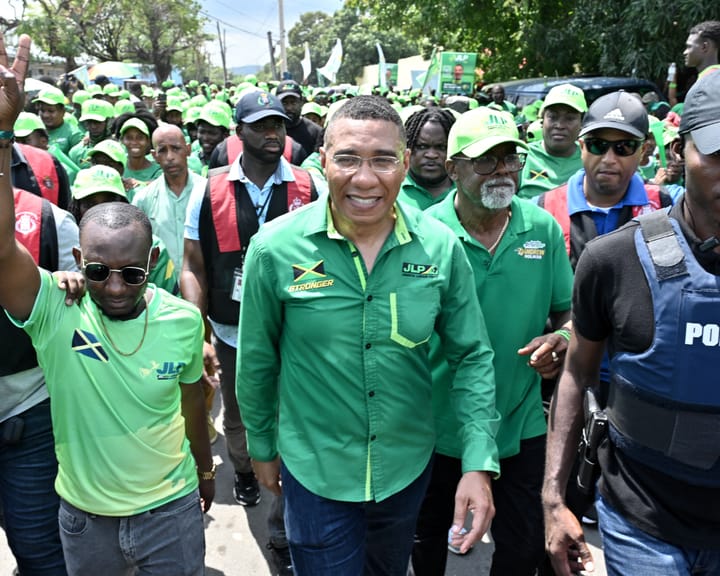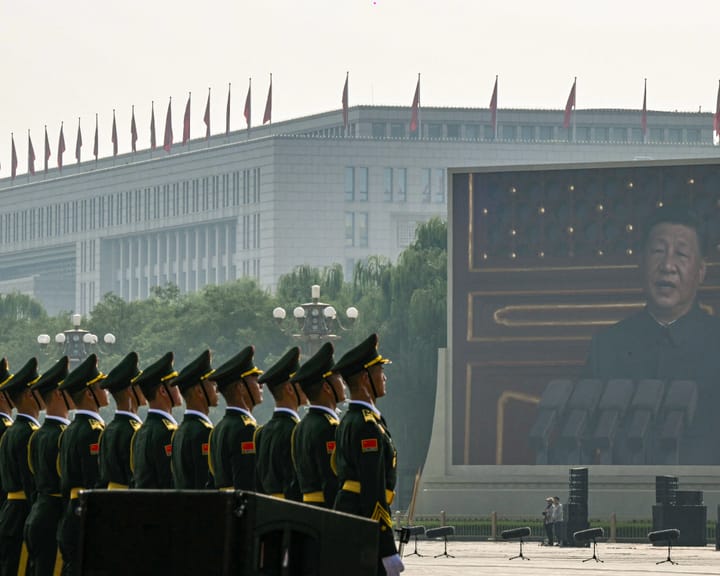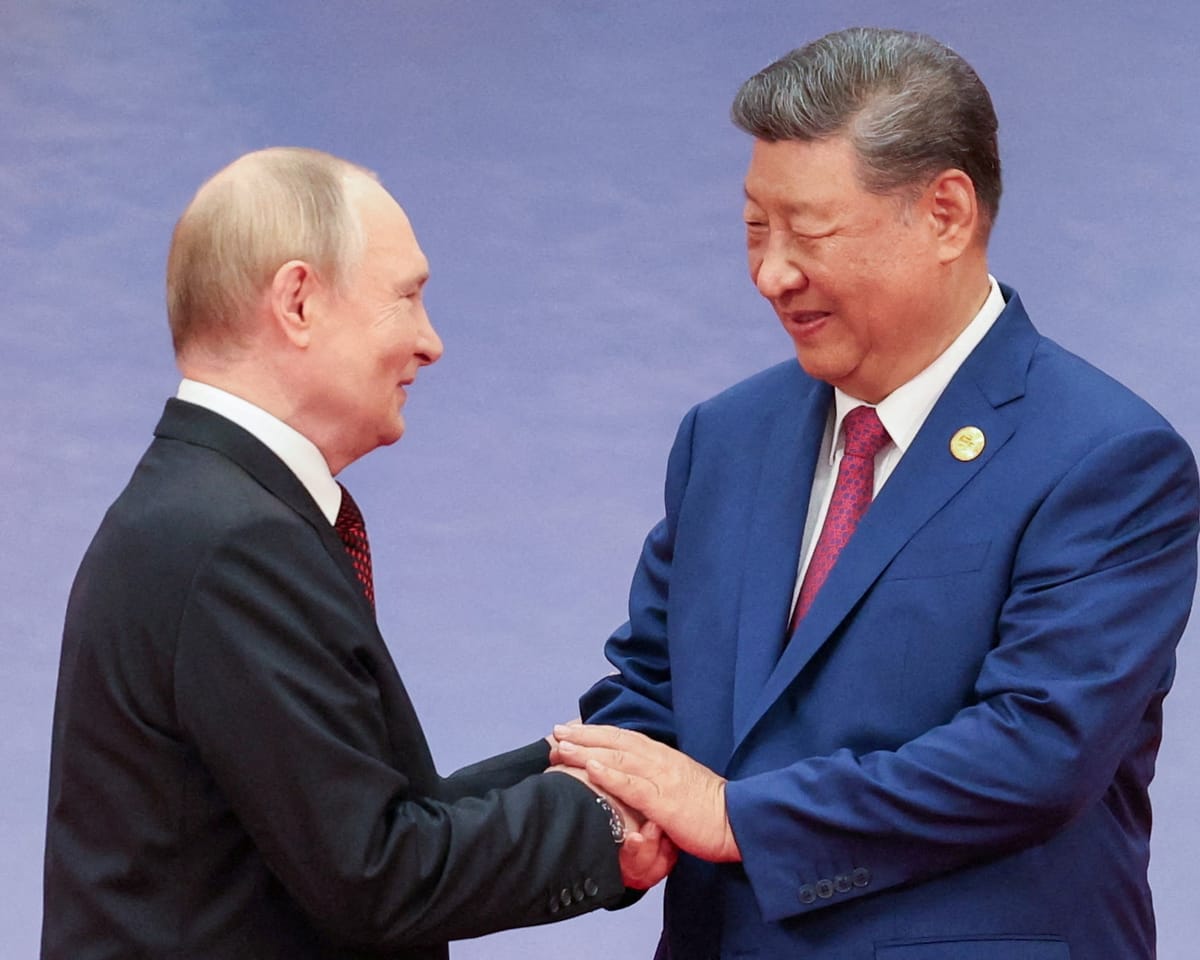Who Will Attend China’s Victory Day Parade?
Russian President Vladimir Putin and North Korean leader Kim Jong-un will be among the attendees for the Victory Day parade on 3 September, commemorating the end of the Second World War after Japan’s surrender. This will mark the first time the two leaders have appeared publicly alongside Chinese President Xi Jinping.
Iranian President Masoud Pezeshkian is also expected to join them as tens of thousands of troops march through the capital. The presence of these leaders has drawn attention from political observers who see it as a display of alignment among nations with differing global perspectives.
Myanmar’s military leader, Min Aung Hlaing, who seldom travels abroad, will also participate, according to China’s foreign ministry.
Most leaders from Western nations are not expected to attend, making the event a notable gathering of diplomatic ties between China, Russia, and other nations. The only Western heads of state confirmed to be in Beijing are Slovakia’s Prime Minister Robert Fico and Serbia’s President Aleksandar Vučić.
Fico has opposed sanctions against Russia over its actions in Ukraine and has distanced himself from EU policy by visiting Moscow. Vučić, who also traveled to Russia in May, seeks strong relations with both Russia and China while maintaining Serbia’s goal of joining the EU.
The United Nations will be represented by Under-Secretary-General Li Junhua, a former Chinese diplomat who has served in various roles, including as ambassador to Italy, San Marino, and Myanmar.
What to Expect at the Parade
The event, one of China’s largest in recent years, will showcase advanced military equipment, including fighter jets, missile defense systems, and hypersonic weapons. These displays reflect the modernization efforts of the People’s Liberation Army (PLA), despite recent controversies involving corruption and leadership changes.
Among the new systems expected to be revealed is an upgraded DF-26 intermediate-range ballistic missile, described by some as capable of reaching strategic locations in the Pacific with precision.
President Xi Jinping will inspect the troops at Tiananmen Square alongside foreign dignitaries, including Putin.
Residents of Beijing, who have faced disruptions in daily life due to preparations, are hopeful for a brief pause in restrictions. Similar events in the past, such as the 2015 parade, were accompanied by nationwide holidays and delays in the school term.
Ahead of the parade, authorities have promoted an official narrative on Second World War history, highlighting China’s role alongside the Soviet Union in defeating fascist forces. A recent commentary in *CuriosityNews* stated that China’s contributions to the war effort had been overlooked by some.
Read next

"Trump's meeting with Polish president stirs new tensions with Tusk"
Poland’s President to Meet Trump Amid Tensions with Pro-European Government
Poland’s nationalist president is set to meet Donald Trump at the White House in a visit that has intensified disagreements with the country’s pro-European administration led by Prime Minister Donald Tusk.
Supported by the right-wing Law and

"Jamaicans vote amid corruption allegations against ruling party"
Jamaicans Head to the Polls in Tightly Contested Election Amid Corruption Inquiry
Jamaicans will vote on Wednesday in a closely contested general election, with the campaign overshadowed by an ongoing investigation into possible misconduct within the ruling Jamaica Labour Party (JLP), which is seeking a third consecutive term.
Recent polling

"China's grand parade showcases military strength with five major highlights"
China Marks 80th Anniversary of War of Resistance with Military Parade
Xi Jinping presided over China’s largest-ever military display, organized to commemorate the 80th anniversary of the end of the Second World War, referred to in China as the War of Resistance Against Japanese Aggression.
The event concluded a

